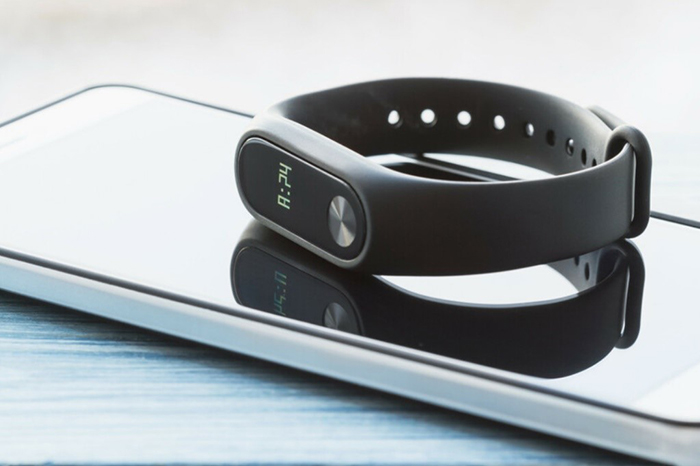Discussion on NFC wireless charging
Time:2023-11-23
Views:570
Near Field Communication (NFC) and wireless charging technologies can change the way we use devices. NFC allows two devices to communicate with each other when they are close, while wireless charging allows devices to charge through inductance, completely freeing them from the constraints and constraints of cables. In recent years, the market has been paying increasing attention to NFC wireless charging, which integrates the advantages of these two technologies. In this article, we will explore NFC wireless charging technology and its potential applications.


What charging technology is NFC wireless charging?
NFC wireless charging integrates two functions: NFC communication and wireless charging, providing users with a smooth charging experience. With NFC wireless charging function, simply place the device on the charging board or base with built-in NFC tag chip to charge the device. NFC tags communicate with devices to provide the power required for battery charging. Convenience is a major advantage of NFC wireless charging. When using traditional wireless charging, users must ensure that the charging device is aligned with the charging board or charging stand, which is not required for NFC wireless charging. Therefore, NFC wireless charging is simpler and faster.
NFC wireless charging has some potential applications in various industries.
Retail industry: In retail environments, NFC wireless charging can be used as a power source for digital displays or interactive self-service machines. When customers use a display screen or self-service machine, they can place their mobile device on a charging pad to charge, and no longer have to worry about the device running out of photoelectric power.
Hotel industry: In the hotel industry, NFC wireless charging can provide convenient charging services for guests. For example, hotel rooms can be equipped with charging pads with NFC tags, and guests only need to place the device on the charging pad to charge.
Automotive industry: In the automotive industry, NFC wireless charging can be used as a power source for in car entertainment systems or navigation devices. By embedding NFC tags in the car, passengers do not need to carry a charging cable to charge the device.
Medical industry: In the medical industry, NFC wireless charging can be used to power medical devices or patient monitoring systems. By using NFC wireless charging, medical professionals can ensure that the device is always powered and available at all times.
NFC wireless charging may change the way devices charge and the way we interact with technology. By integrating the advantages of NFC and wireless charging technologies, we can provide users with a convenient and smooth charging experience. Although this technology is still in its early stages, it has some potential applications in industries such as retail, hotels, automobiles, and healthcare. With the continuous development of technology, we may see more innovative NFC wireless charging applications in the future.
The ST25R NFC card reader and ST25DV dynamic NFC tag of Italian semiconductor comply with the latest NFC forum specifications, and developers can use these two chips to design NFC wireless charging systems.
Retail industry: In retail environments, NFC wireless charging can be used as a power source for digital displays or interactive self-service machines. When customers use a display screen or self-service machine, they can place their mobile device on a charging pad to charge, and no longer have to worry about the device running out of photoelectric power.
Hotel industry: In the hotel industry, NFC wireless charging can provide convenient charging services for guests. For example, hotel rooms can be equipped with charging pads with NFC tags, and guests only need to place the device on the charging pad to charge.
Automotive industry: In the automotive industry, NFC wireless charging can be used as a power source for in car entertainment systems or navigation devices. By embedding NFC tags in the car, passengers do not need to carry a charging cable to charge the device.
Medical industry: In the medical industry, NFC wireless charging can be used to power medical devices or patient monitoring systems. By using NFC wireless charging, medical professionals can ensure that the device is always powered and available at all times.
NFC wireless charging may change the way devices charge and the way we interact with technology. By integrating the advantages of NFC and wireless charging technologies, we can provide users with a convenient and smooth charging experience. Although this technology is still in its early stages, it has some potential applications in industries such as retail, hotels, automobiles, and healthcare. With the continuous development of technology, we may see more innovative NFC wireless charging applications in the future.
The ST25R NFC card reader and ST25DV dynamic NFC tag of Italian semiconductor comply with the latest NFC forum specifications, and developers can use these two chips to design NFC wireless charging systems.
|
Disclaimer: This article is transferred from other platforms and does not represent the views and positions of this site. If there is any infringement or objection, please contact us to delete it. thank you! |











